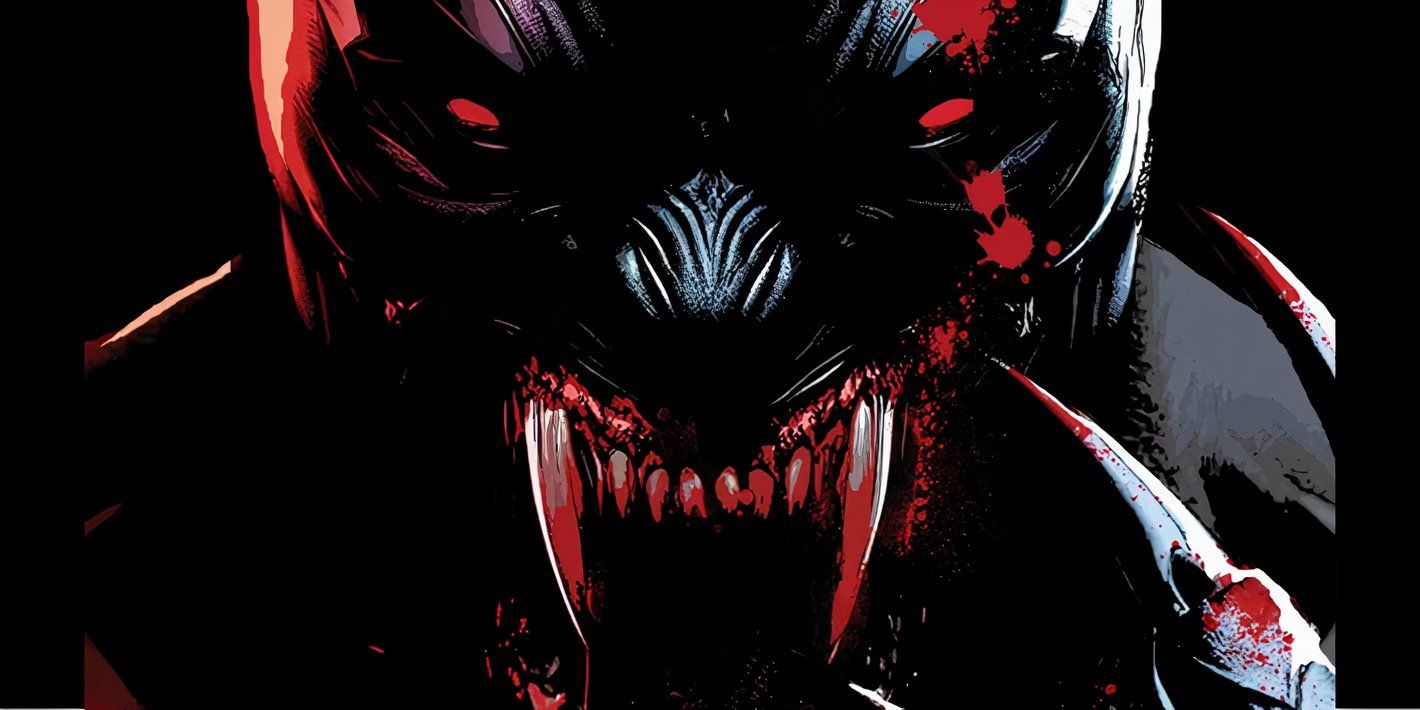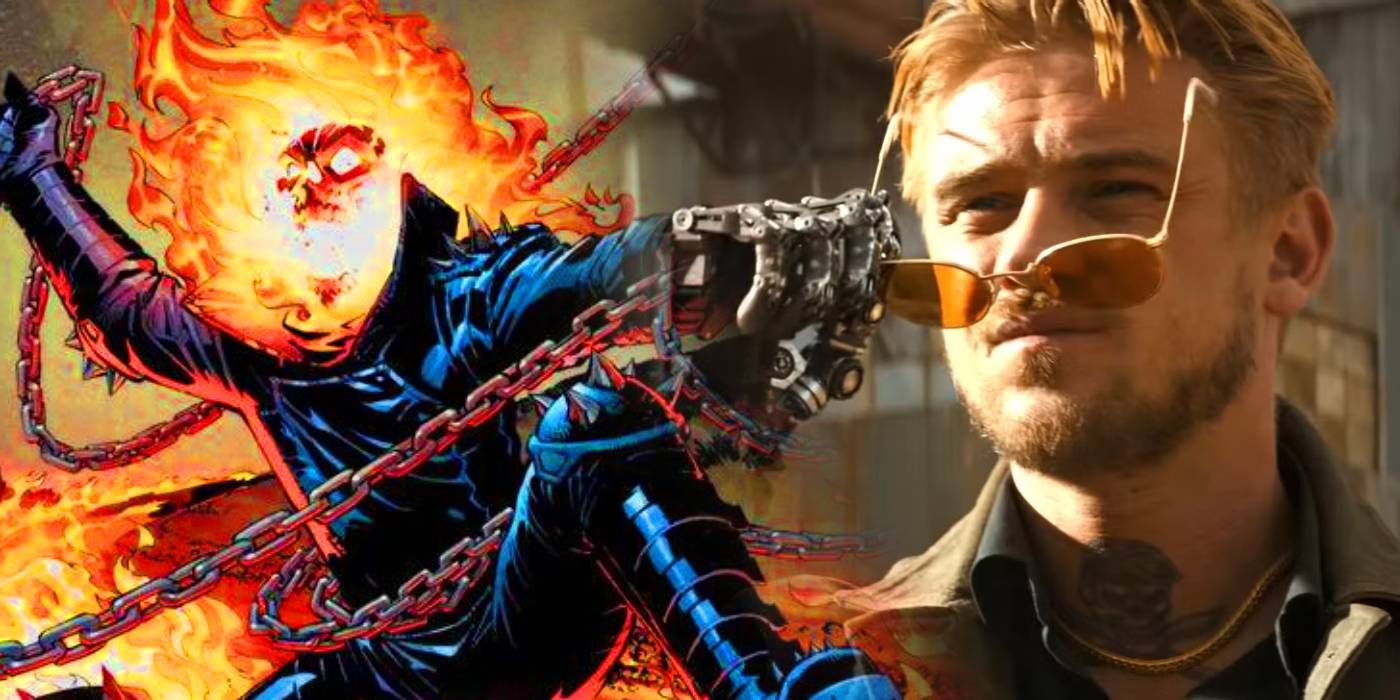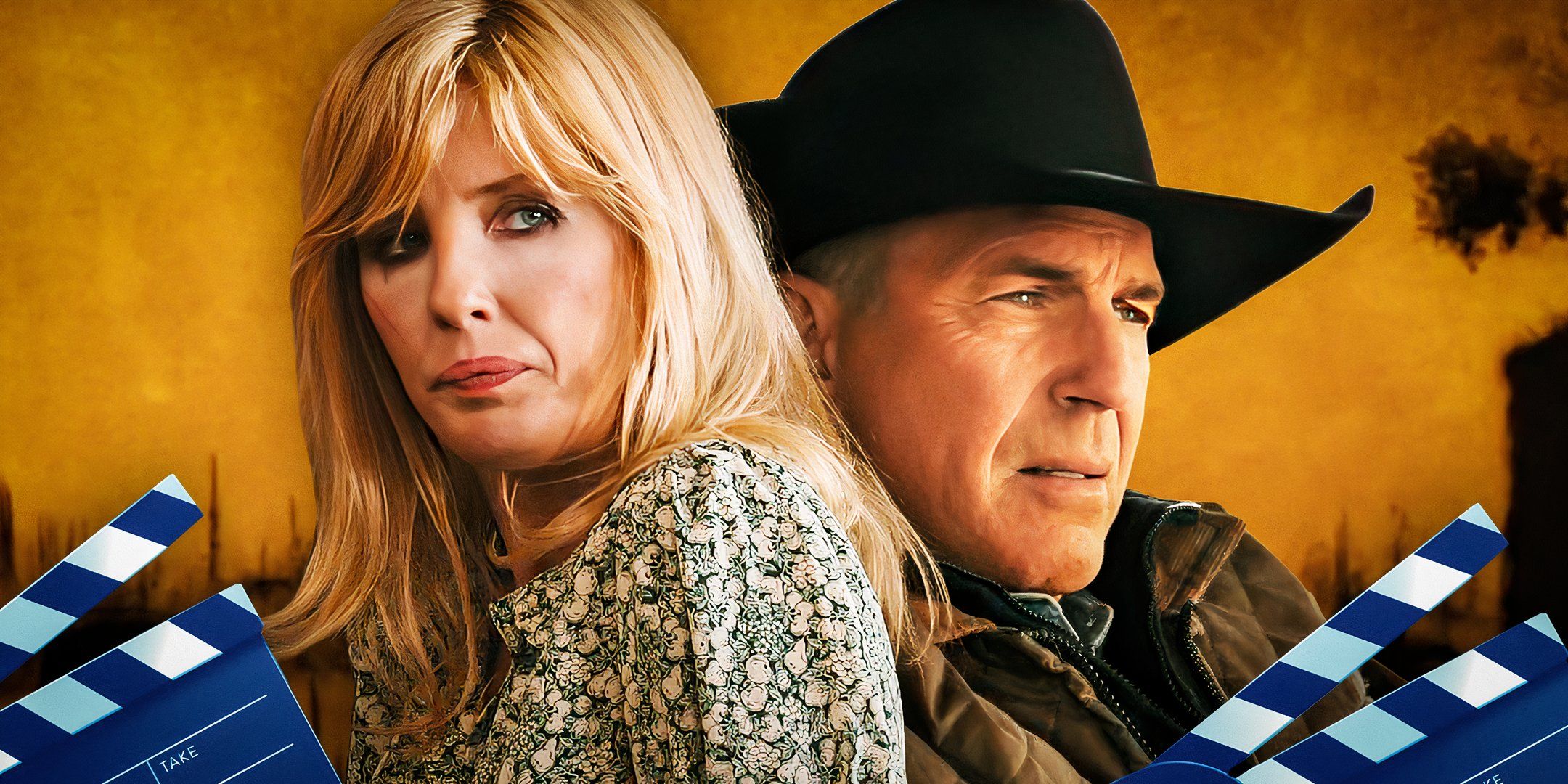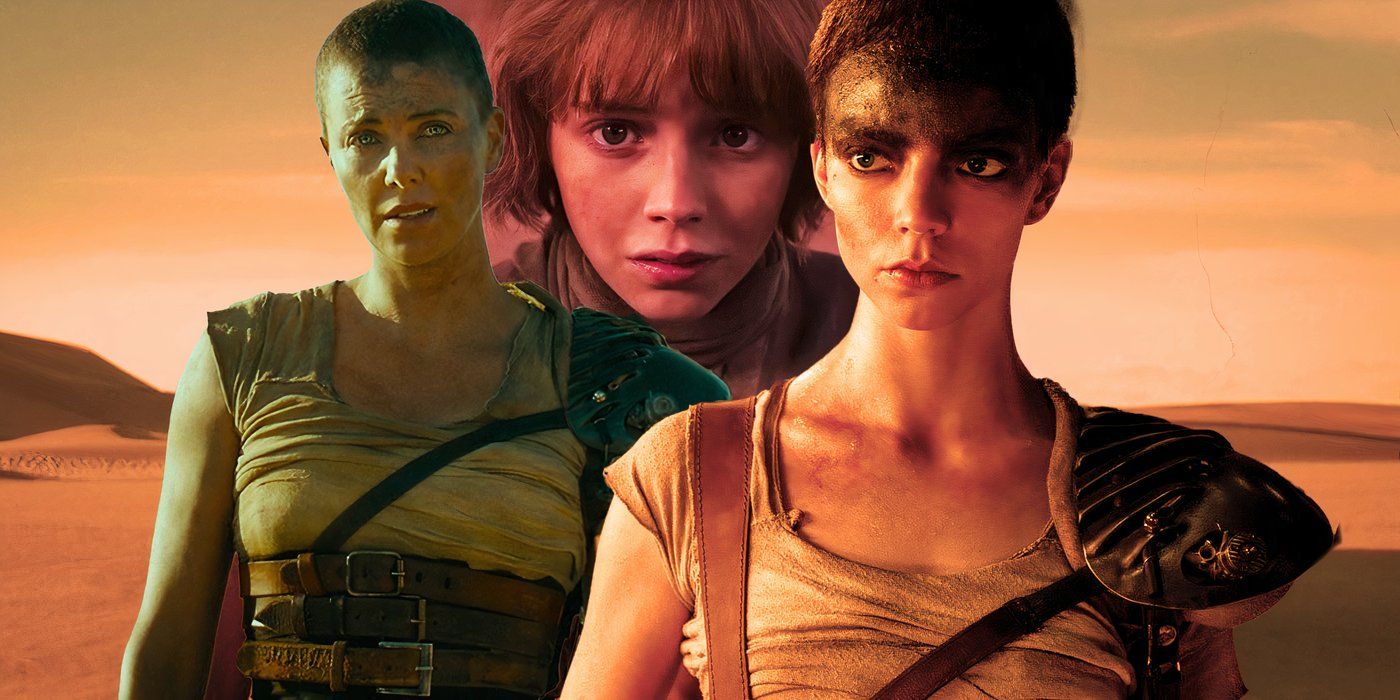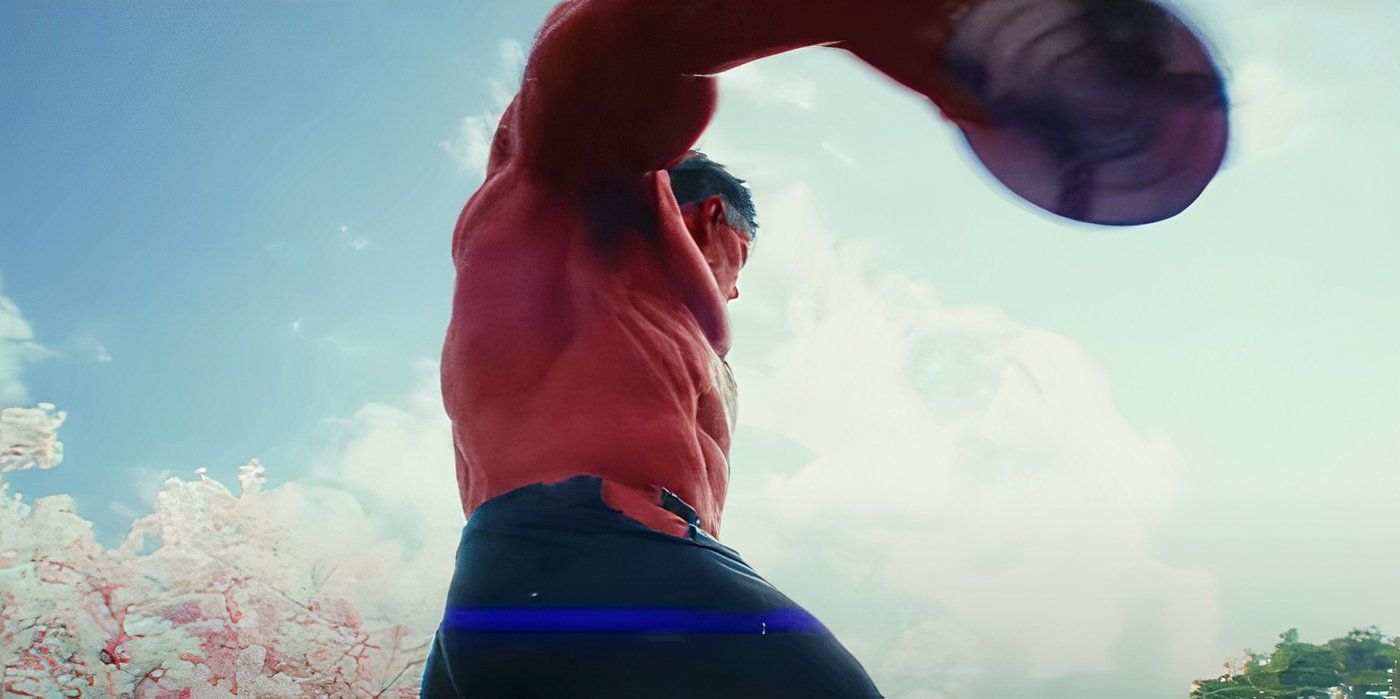Little Women opening on Christmas Day is a holiday gift in and of itself, as the adaptation of the classic novel is sure to delight families everywhere. The tale revolves around the March family, the love they have for each other, and the pursuit of their passions. But it’s also about the creation of art itself, something which screenwriter and director Greta Gerwig brought into focus with her unique narrative style. Gerwig shared the inspiration behind her first feature film since the critically acclaimed Lady Bird with Screen Rant, and how a perusal of Louisa May Alcott’s text led to a fresh take on the March sisters.
Congratulations on Little Women. I’ve loved it since I was a child, but I thought that your intermingling of timelines and incorporation of Louisa May Alcott’s life story was a great meta commentary on women and writing, especially with how Joe story goes. What inspired you to make that change?
Greta Gerwig: Well, part of what inspired me to make that change was twofold. The first part of it was when I learned about Louisa May Alcott’s life – which frankly, when I was a kid, I didn’t know because you don’t really investigate who’s writing these things. You sort of believe that these people are real people or maybe that they’re your sisters, which is what I believed. But then when I was an adult and researching Louisa, as you know, she never got married, she never had kids – but she did keep the copyright to her book, and she felt that she had to have Jo March get married and have kids because that was the thing that was going to sell books at that time. And I was like, “That’s incredible.” That’s an incredible twist in this sort of break between fiction and reality. And it’s amazing that she was actually able to be more progressive in her own life than she was allowed to make her character.
And then the other thing was that she never wanted Jo to get married. She said she should have been a literary spinster with books for children. And I thought, “I’ve got to give her an ending she would have liked.” I mean, I’ve got to right the wrong of history here. And I didn’t want to not do the ending that was in the book, because I wanted to honor the book. But I also wanted to say, “But why is that what we needed to see?” And then I wanted to make the ultimate happy ending of a girl and her book.
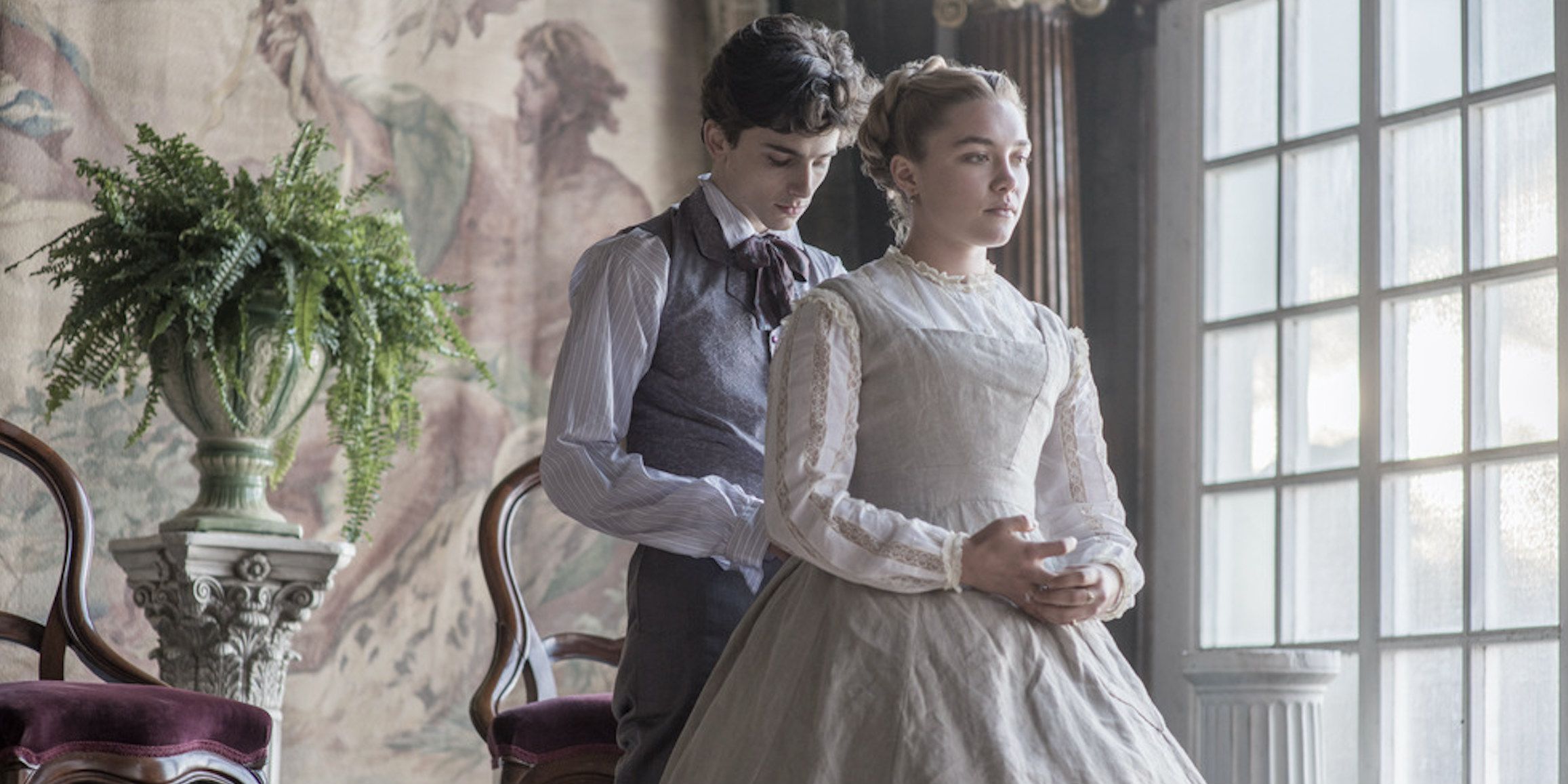
Aside from Jo, which you perfectly filled in that gap for her, Amy’s the character that I think benefits most from the timelines. You get to see her as herself before you see what Jo thinks of her. Did you always have a clear vision of what Amy wants, like her love for Laurie and of art? Or did that come as you were writing?
Greta Gerwig: The truth is I went back to the text, and it’s all there in the text. Amy is one of the most fascinating characters on the page, and some of the lines that Florence Pugh has are taken directly from the book; lines about her painting. She says, “I want to be great or nothing.” That’s an amazing thing for someone to say in the 19th century, who was a woman who’s trying to be a painter. As she has the line, “The world is hard on ambitious girls.” The world still hard on ambitious girls.
I wanted to look at that character again, because I found all this richness in the text and because I felt like it was time to revisit our judgment on women who say what they want and then go for it. And I thought it was very interesting that that’s the sister that, for all of time, everybody’s criticized. She’s the one who was always saying exactly what she wants, and then she’s going to work on it ‘till she gets it. And that’s the one we don’t like. That interesting. I think figuring that out was so much down to going back to the text, but also to the great performance by Florence Pugh.
Wonderful. I hope we see more of her, Saoirse and Timothée in your work.
Key Release Dates
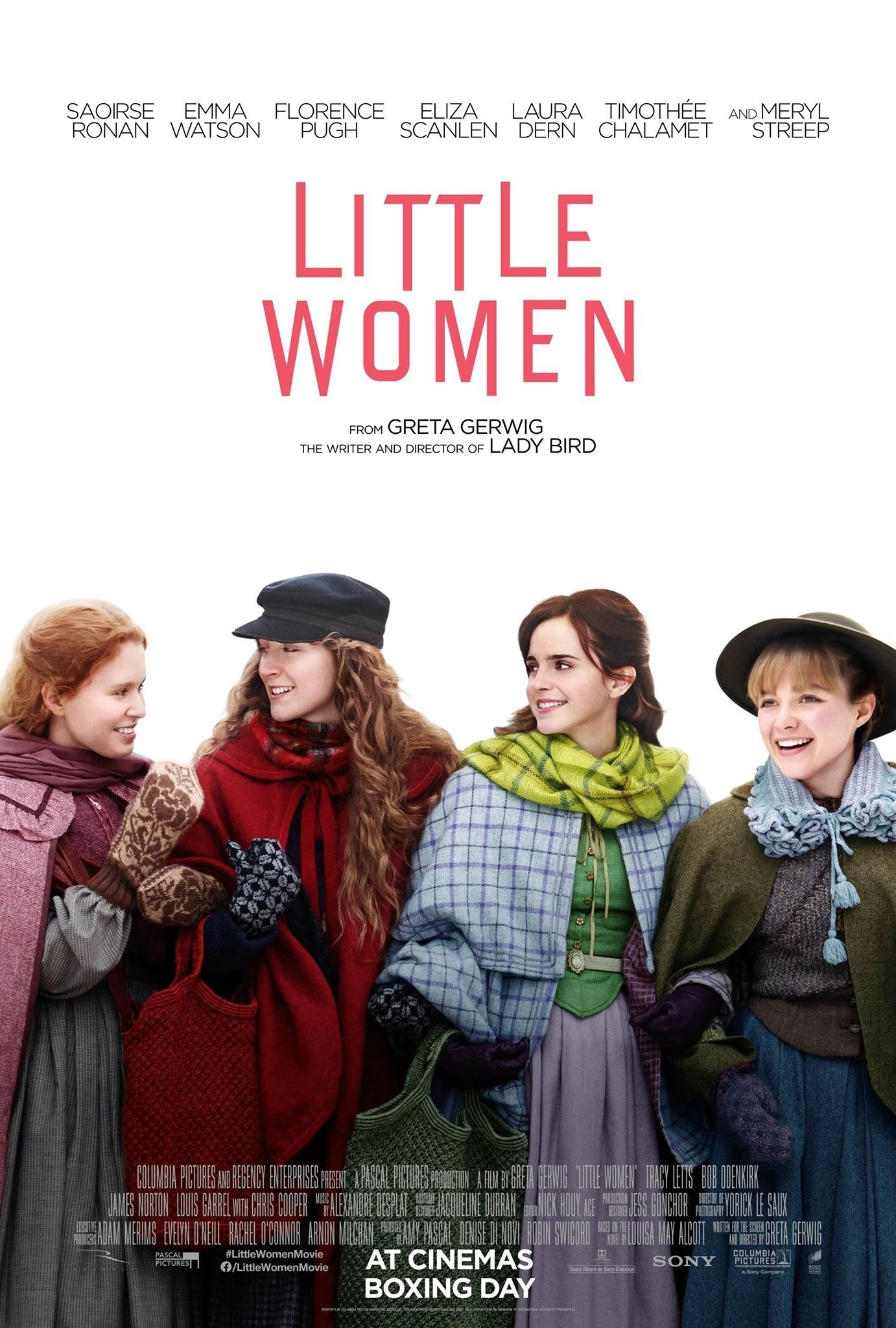
Little Women
Release Date:2019-12-25
